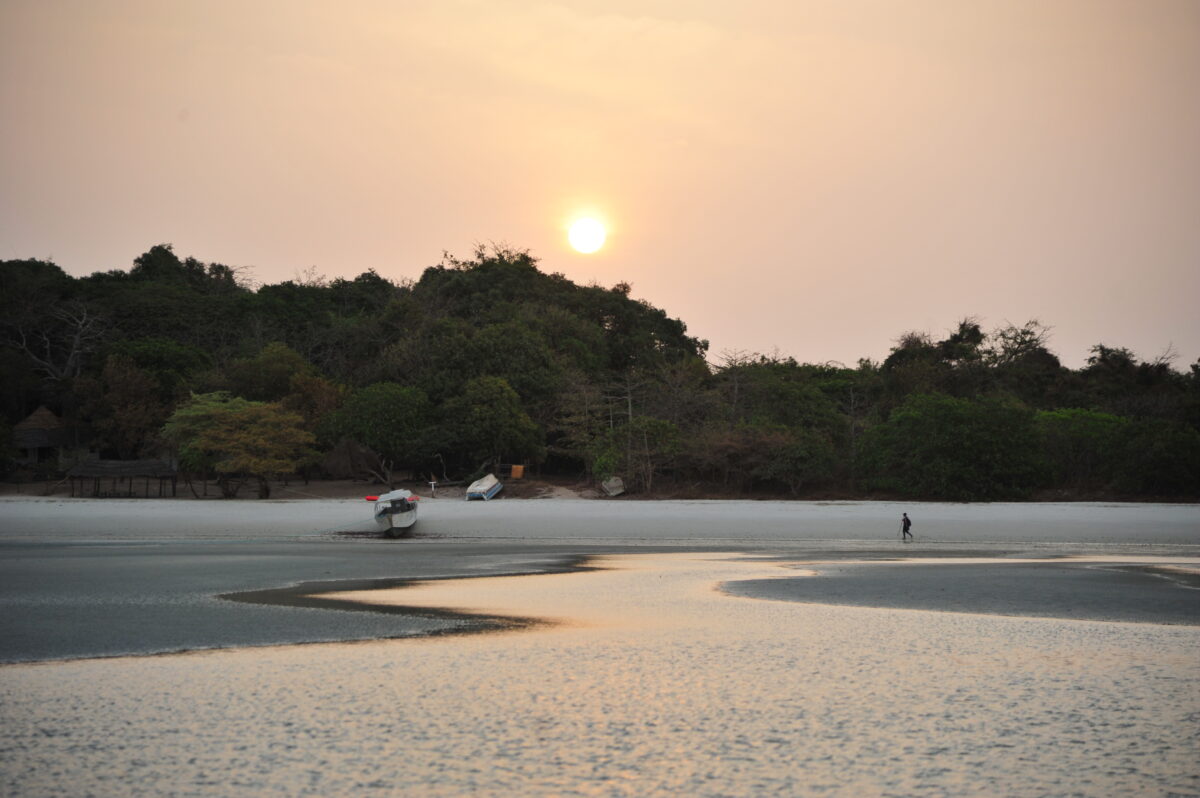Guinea-Bissau, with a population of approximately 1.9 million and a GDP per capita of US$697, has one of the highest proportions of natural resources per capita in West Africa. Its vast resources include farmland, abundant fishery resources, forests, and rich coastal ecosystems such as mangroves and wetlands.
The WACA (West Africa Coastal Areas) Program was created to respond to requests from countries in the region for solutions and financing aimed at protecting and restoring the ecological, social and economic assets of West African coastal zones, addressing challenges such as erosion, flooding and pollution. The program combines national resilience investment projects with a programmatic and analytical advisory service (ASA) managed by the World Bank, known as the “WACA Scale-Up Platform.” Since 2021, the World Bank has helped mobilize approximately $650 million in investment financing and $8.5 million in trust funds.
The degradation of coastal and marine resources and ecosystems is accelerating due to increasing population pressure on coastal zones, demand for resources, unplanned coastal development, and climate change. This deterioration leads to the significant and potentially irreversible loss of critical ecosystems, such as beaches, dunes, wetlands, and mangroves, which provide essential services, including livelihoods, food, storm protection, and timber resources.
The management of these natural habitats needs to be approached from a regional perspective. For example, protecting ecosystems in Guinea-Bissau is a regional priority, as its extensive mangroves serve as fish nurseries and sustain national and regional fisheries. Migratory species, such as endangered sea turtles and waterfowl that use the Eastern Atlantic migratory route, are particularly affected, justifying the protection of habitats in specific geographic locations.
Project Objective
Strengthen the resilience of coastal communities in Guinea-Bissau, through improved ecosystem management and restoration, including the management of protected areas and the restoration of degraded ecosystems, to strengthen ecosystem resilience and the sustainable delivery of ecosystem services. Activities will include technical assistance and support, with a strong emphasis on participatory processes and community consultations. The project will also support efforts to reduce emissions from ecosystem degradation and deforestation, aligning with REDD+ initiatives in Guinea-Bissau.
Project Intervention Zones
- Cacheu: Focus on mangrove restoration and protection against coastal erosion.
- Cantanhez: Implementation of sustainable land use practices and biodiversity conservation.
- CUFADA: Strengthening the management of protected areas and promoting sustainable livelihoods for local communities.
This project aims not only to protect Guinea-Bissau’s vital coastal ecosystems but also to improve the quality of life of communities that depend on these resources by promoting an integrated and sustainable approach to coastal development.

